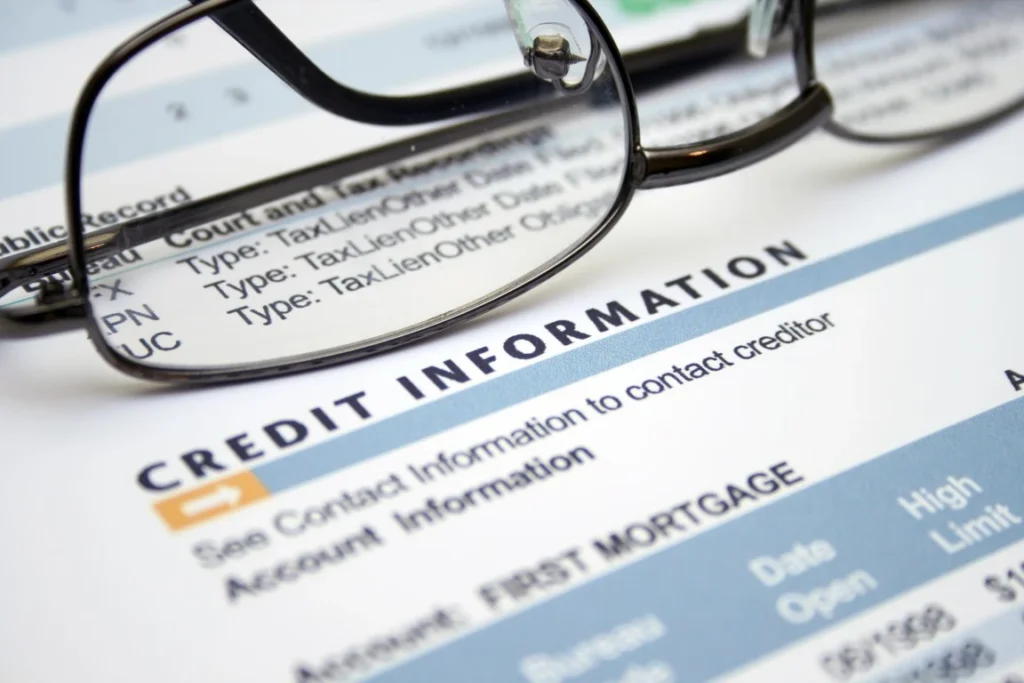
Purchasing a home can be an exciting step to take in your life. However, when you apply for a mortgage loan, you may find that your credit score has a significant impact on your eligibility and loan terms. But how exactly does your credit really impact your mortgage approval, and does it really make that much of a difference?
At Premier Utah Real Estate, our team wants potential homebuyers to be as prepared as possible before they make this major step. We understand that not everyone understands how credit impacts the home-buying experience. If you are about to embark on the home-buying journey and want to learn how credit impacts your purchasing process, keep reading.
What is Your Credit Score?
Your credit score is a number used to predict your credit behavior, including your ability to pay back loans, based on previous credit activity. Your score changes as you use the credit available to you. You are scored between 300 and 850 points, with higher scores meaning you are a more reliable borrower. It is important to note, however, that your score may vary based on the credit scoring company you go through. When purchasing homes, lenders often run your FICO credit score. The FICO credit score categories are as follows:
- 300-579: Poor Credit
- 560-669: Fair Credit
- 670-739: Good Credit
- 740-799: Very Good Credit
- 800-850: Excellent Credit

What Credit Score Should You Aim for When Purchasing a Home?
While there isn’t any one set credit score that you have to achieve to purchase a home, it is often recommended that potential homebuyers raise their credit score as much as possible before applying for a mortgage. If you are attempting to purchase a home, it is often best to aim for a credit score of at least 620. However, a higher credit score can be incredibly beneficial when purchasing a home.
How Does Your Credit Score Affect Your Mortgage Approval?
Although your credit score may be 620, this doesn’t necessarily mean you will see the most benefits from this score. In fact, having a credit score close to 620 may significantly impact your mortgage approval process. Some of the ways that your credit score may affect your mortgage approval process include:
Your Loan Approval
If your credit score is too low, you may find it difficult to find a lender who is willing to approve your mortgage loan. A low credit score often indicates to lenders that you are a risky borrower, and that you may not pay back your loan on time. However, if you have a high credit score, this may indicate that you are more likely to make your loan payments on time and are a less risky borrower.
Your Interest Rates
Interest rates can significantly impact the amount you spend over the lifespan of your loan, making it essential that you aim for the lowest rate possible. If your credit score is high, you are more likely to qualify for a lower interest rate. Not only does this mean you’ll spend less on your loan every month, but you’ll also experience significant savings over the course of your loan. In some cases, lower interest rates can save you over $100,000 over the course of your 30-year loan.

Loan Terms
There are many additional terms that come with your mortgage loan. If you have a lower credit score, your lender may require a larger down payment and may have stipulations about the kind of mortgage you qualify for. Lenders with low credit may have to apply for a conventional loan with private mortgage insurance to protect your lender in case you fail to pay your loan.
Credit History
Before you are approved for your mortgage loan, your lender has access to your full credit history. They will see any past bankruptcies, foreclosures, or late payments, which may make it more difficult for you to qualify. However, if you always make payments on time and in full, you may find that it is much easier to qualify for a mortgage loan.
Tips to Improve Your Credit Score
While it can be frustrating to deal with a low credit score during the home buying process, there are several things you can do to improve your score. Some of the easiest ways to improve your credit score include:
- Pay Your Credit Down Strategically: If your credit usage is high when creditors report your usage, this may result in a drop in your credit. By paying your credit down several times a month or just before your credit usage is reported, you may notice an increase in your score.
- Ask for a Higher Credit Limit: When your credit limit goes up, but your credit usage remains the same, this decreases your credit utilization. If your income has gone up or you’ve created a strategic spending plan, consider reaching out to your credit card company about increasing your limit to help decrease your utilization.
- Address Collections Accounts: If any of your past debt is in collections, it is essential that you pay it down as soon as possible. Having debt in collections can significantly lower your credit score and may scare off potential lenders.
- Dispute Credit Report Errors: It doesn’t take much for your credit to plummet, which is why it is important to monitor your credit regularly. If you notice any errors on your credit, you should report these as soon as possible. While it may take some time to address these problems, removing errors can help raise your score again.

Prepare for Your New Home with Premier Utah Real Estate
When you are ready to purchase a new home, it is important that you work with a reliable real estate team throughout the process. If you are looking for a reliable real estate team in the Tooele, Utah, area, turn to our team at Premier Utah Real Estate. Our team began working with homebuyers and sellers across the area in the 1980s, making us the perfect choice for your home-buying and selling journey. If you are ready to purchase a new home or if you are considering selling, don’t hesitate to contact our team today for support.


Follow Us